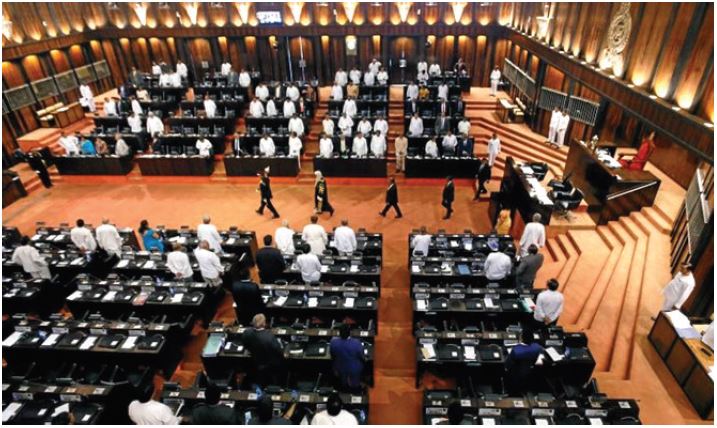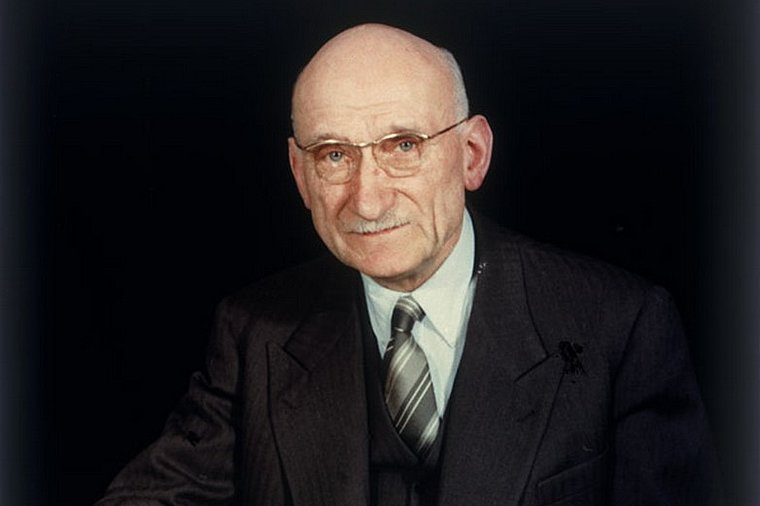The decision taken by a majority of British voters just two days ago once more shows us the complex and difficult situation of Europe’s state at the moment and the importance of developing a path into the future. The successive crises in the last years, beginning with the breakdown of the financial markets, the near-down crash of finances in EU-memberstates, the illegal occupation of Crimea and the astoundingly increased number of refugees during the last months have not only put to test the European Integration Process, but also led to rising resentments between EU-memberstates as well as between groups within these member-states as well. A first rough analysis of the outcome of the British referendum shows us a division between generations, between the inhabitants of cities and of the countryside, between a « well-to-do » elite, able to find their way in a globalized and interconnected world and all those, who feel abandoned, left behind and who fear a loss of what they have gained or built up the past decennia.
This situation is not restricted to the UK, we find it, with differentiation, in almost all member states of the EU.
One possible answer to this development is a strong and well-informed civil society, capable of understanding complex issues and circumstances and to formulate not only a technical answer to problems but a vision on how we could sketch out a common future together. Couldn’t exactly that be the main task of Pax Romana Europe: to contribute to that vision?
As Europe also Pax Romana is at crossroads. How can a young generation take over what has been built up by former generations? What are their needs, their, desires, their visions and: how can an older generation help the « young ones » to make these visions become true?




Leave A Comment
You must be logged in to post a comment.